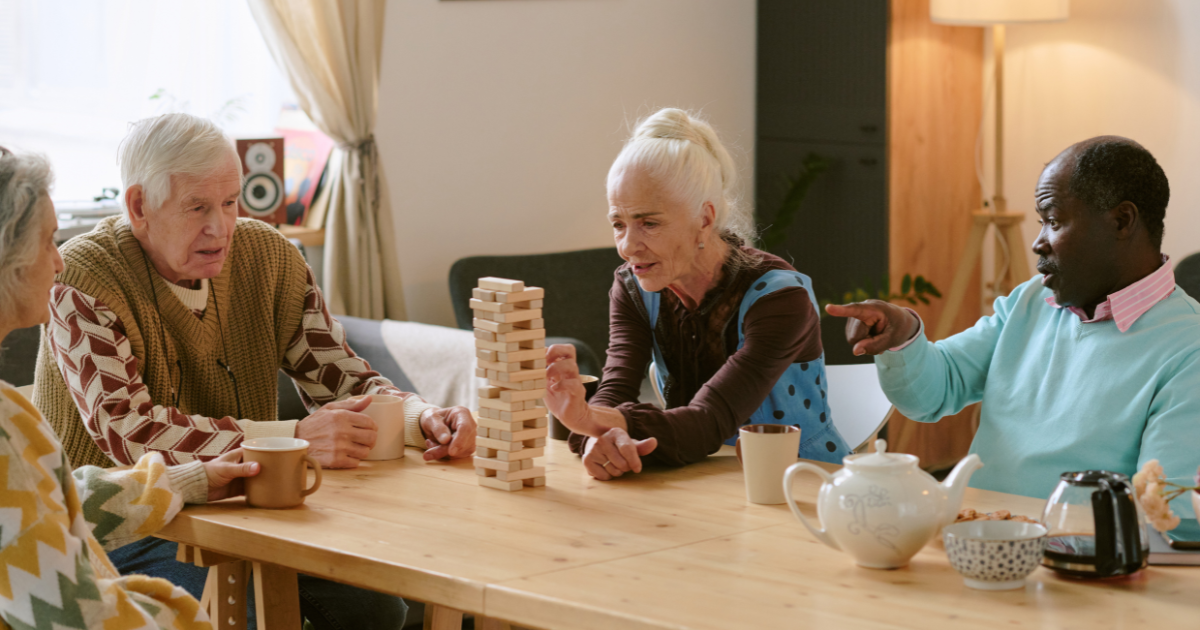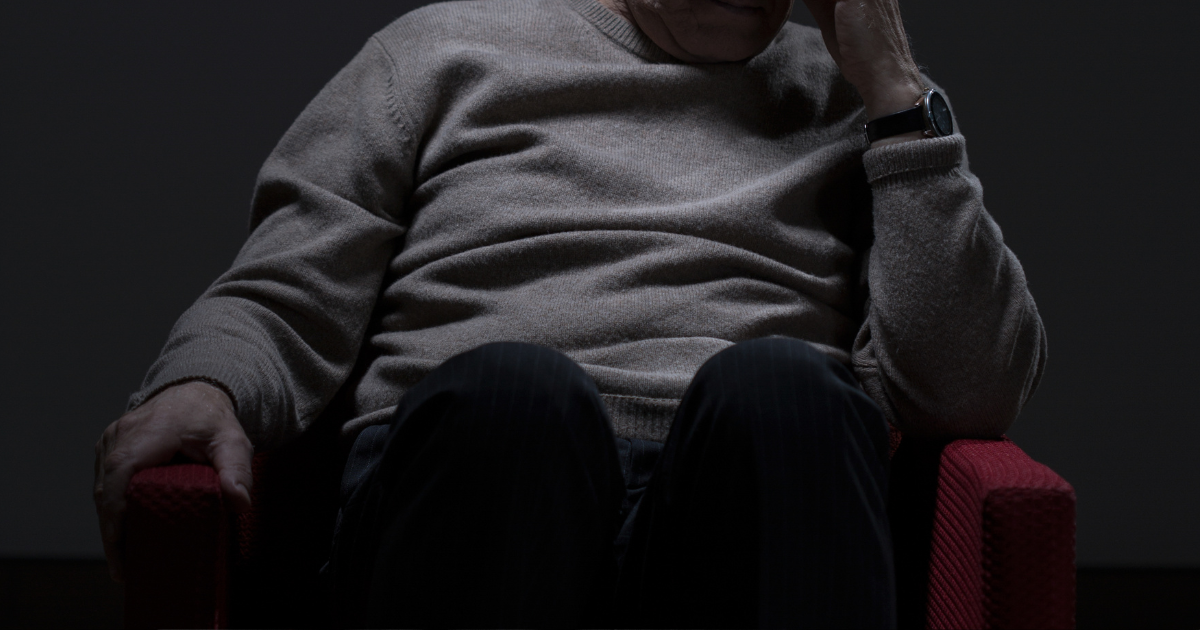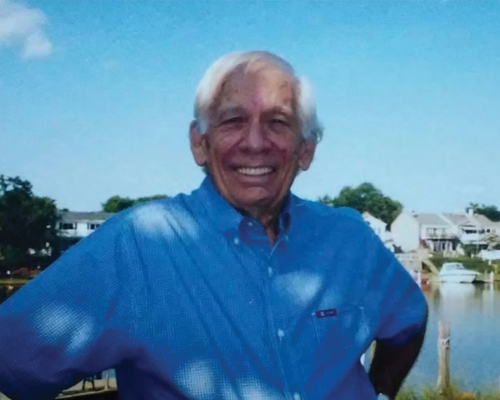CHAPTER 9 - True Crime
As Rob spent a month in a rehab facility, it became clear to me that Rob’s daughter, Dotty, did not want to help him. She actually wanted to harm him, but in secret. I found that elder abuse by family was not an abstract abomination; it was a real-life horror story and I was a broken-hearted witness.
“Elder abuse is a single or repeated act, or lack of appropriate action, occurring within any relationship where there is an expectation of trust. It is a violation of human rights and includes psychological and emotional abuse, abandonment and neglect – either intentional or unintentional – and serious loss of dignity and respect. It causes harm.” This dry definition is true, as far as it goes. But no words can truly convey the terror, pain, and helplessness of the victim or the distressed and hopeless state of the victims’ loved ones.
DEPRIVATION AND ISOLATION
Rob was not ill. He was recovering his strength after being hospitalized and treated for septicemia. He did not need to be in a live-in rehab facility. He could walk and talk and take care of himself. (I understand that Medicare will pay for some rehab care but it must be medically necessary. I don’t know if this was somehow manipulated for Rob, or if Dotty paid all costs - more than likely using his money, as he had recently added her to his checking account. She told me that the single room for Rob was very expensive. As time went on, I saw that whatever the cost, he had to be in a single room as part of her plan for isolating him.
Before his daughter transported him directly from the hospital to the rehab facility, she had packed some of his belongings for his stay. As he settled in, it was apparent that she had omitted many of his day-to day needs. I was able to find some things at his home and gave him some cash and brought him his mail. Still no wallet, ID, computer, or mobile phone. His hearing aids had not been working since he was in the hospital. I took them to be repaired and they were fine, but somehow they soon disappeared, and most of the testing and evaluations by therapists and social workers were meaningless because he could not hear well. He had only a television, which of course he couldn’t hear properly, so he resorted to lots of swearing and he was very good at that.
SILENCE IS NOT GOLDEN
He sometimes conveyed his frustrations to the staff, but not to me. Once in a while, when he did ask me a question or express frustration with his situation, I urged him to talk to Dotty about his wishes. He might have tried, but I realized that she had some power over him that he couldn’t or wouldn’t fight. He had been an easy-going, non-combative person and was only occasionally stubborn or bad tempered. He gradually got quieter and quieter, and said nothing about blaming Dotty, so I was careful about bringing up my suspicions and fears. I did not foresee the true horror of Rob’s situation yet.
UNDUE INFLUENCE
Elder abuse is tragically frequent, and some form of inappropriate manipulation, or undue influence, is usually involved. Undue Influence is a legal term and has long been documented though not well known. There are three main types: deception, duress, and unconscionable or excessive demands.
According to Bennett Blum, MD: “Everyone - regardless of age, health, education, or experience - is susceptible to one or more of these methods. Medical issues, whether physical or mental, make it easier for a perpetrator to manipulate or overwhelm their victim, but are not necessary and do not have to be present. It all depends on the individual’s circumstances.
Perpetrators may be anyone - family members, friends, caregivers, or advisors. The major motivations are greed and control. Some of the more common strategies for committing undue influence include: 1) Making threats, 2) nagging, pestering or harassing, 3) intentionally deceiving or misleading someone by telling lies or partial truths, and 4) isolating the intended victim from the truth and from people who could protect him. Isolation is often misunderstood. One can be isolated even when surrounded with people.”
Rob was a victim of psychological and emotional abuse, financial exploitation, and undue influence. As it turned out, he had an implacably hateful daughter (and her family, who helped her), but he did not know it. He suffered and died in four months because of Dotty’s deliberate actions. It happened because I had never heard of nor encountered such evil, and because he did not have a plan that would prevent her from robbing him, while he was still alive, of everything he possessed, and then killing him.
PLAN WHILE YOU CAN
You could pick someone who would help you if you became disabled, short-term or longer. You could then sit back and hope it will all work out. Or you could go with some more protection by putting your wishes in writing to back up your plan. You could really exert yourself and fill out questionnaires, read about types of care, and fill out some legal documents. You could review the kinds of treatment you might prefer, and where you want to live.
But what if the person you chose for help is not available or willing to help you when the time comes? Sometimes the one you chose may have moved or died, remarried, become mentally unsound, or succumbed to drugs or alcohol. Or, like Rob’s daughter, might have harbored a hidden hate for years and was also financially stressed. Three things to do: review and evaluate your plan regularly, appoint more than one health agent, and share your plan with friends and family members.

















